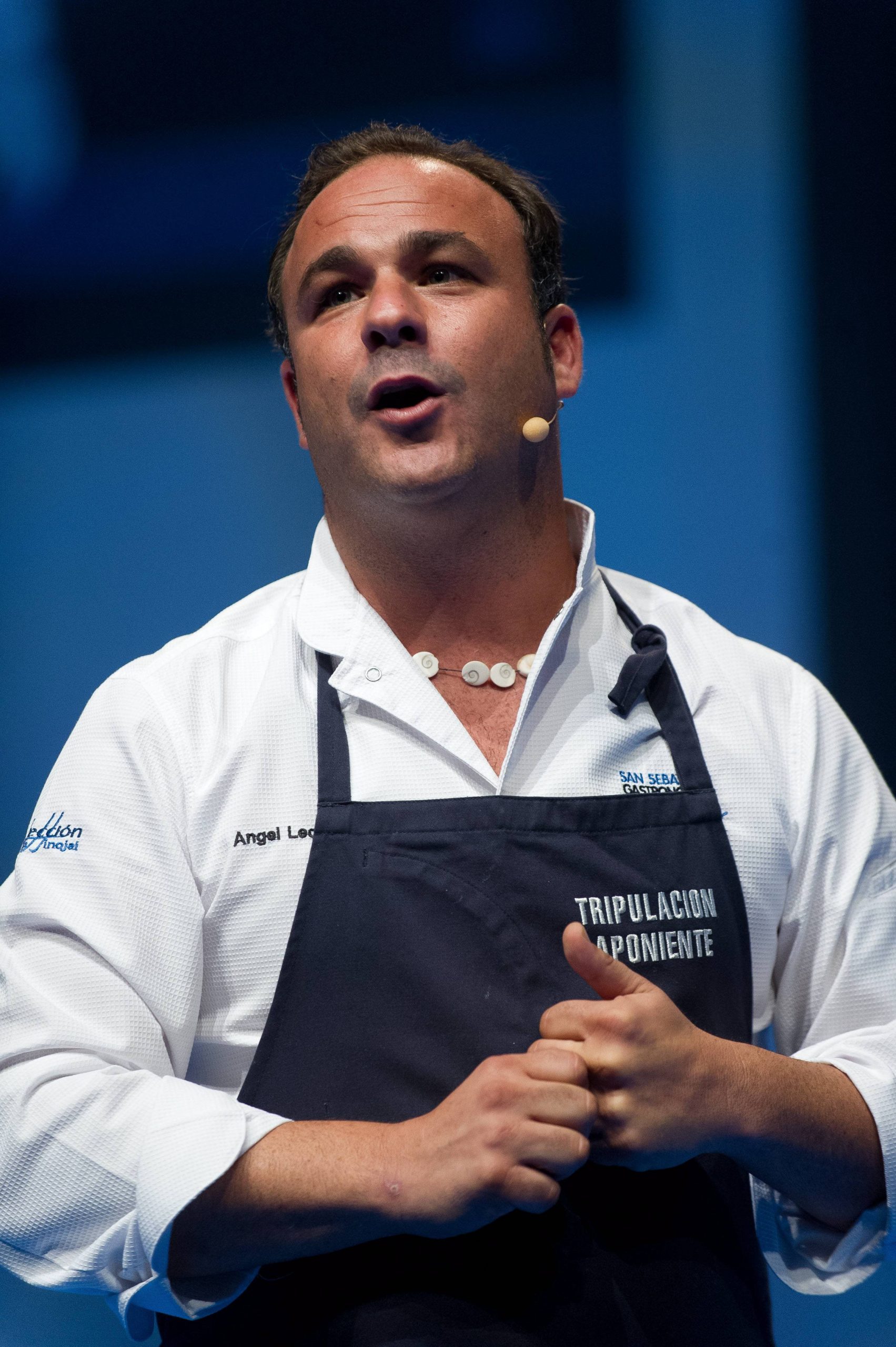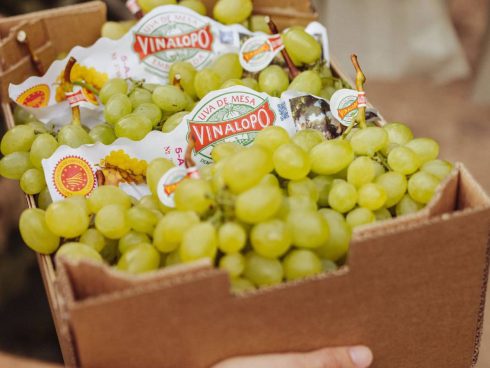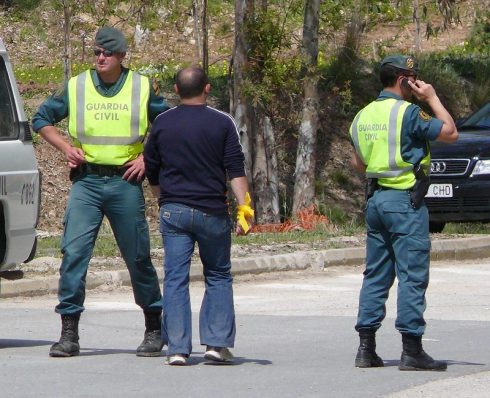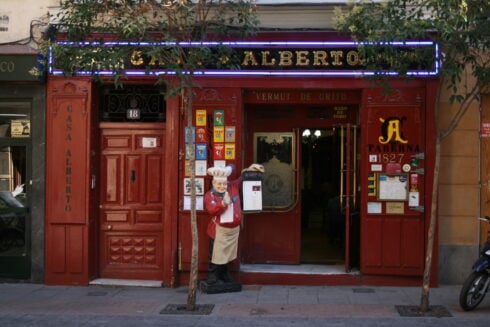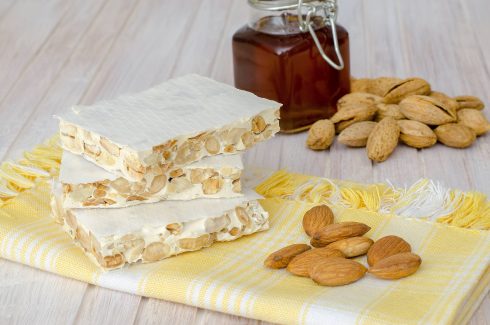HE is Spain’s definite Chef of the Sea, an off-the-wall maverick, more than worthy of his three Michelin stars.
But now Angel Leon of Cadiz’s revolutionary Aponiente believes he has found a global food breakthrough that could be a game-changer for sustainability.
His super-food ‘Zostera’ has just been approved by the UN as an official grain.
The UN’s Food and Agriculture Organisation has given him carte-blanche to develop it and will promote it in turn.
Better known as eelgrass, it is not only healthy but it is extremely good for the environment.
As well as providing a home to numerous species of marine creatures, seagrass meadows absorb CO2 up to 35 times more efficiently than rainforests do.
The cultivation of eelgrass could also help to regenerate degraded coastlines – of which there are many in Andalucia and around Europe.
He believes the creation is the ‘most important of his career’.
“The possibilities are endless,” he told Sur. “If resources are put into this discovery, we can possibly cultivate other products under the sea.”
He has spent years working with the straggly grass as he scoured the seabed for potential new ingredients.
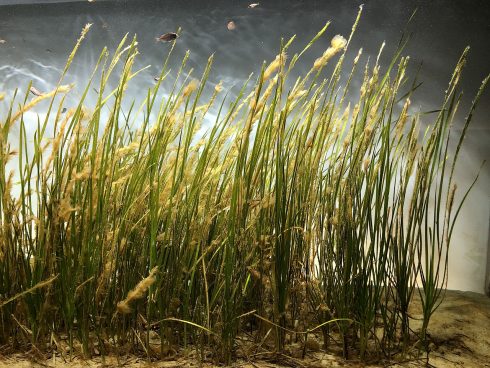
But he did not know it was edible until he came across a Science article from 1973 documenting the diet of the Seri, hunter-gathers from Mexico, who had created a paste out of the grain and ate it with honey.
“You can do anything with it that can be done with rice, from eating it whole grain or refined, to making flour and pasta. It takes two minutes longer to cook than normal rice,” he explained.
Small and dark in appearance, the eelgrass seed is said to taste like a cross between rice and quinoa, boasts high levels of fibre and omega-3 fats, and is gluten-free.
Of the some 22,000kg of eelgrass seeds that he is due to harvest this year, 19,000kg will go towards creating more farms as Leon once again sets his sights on sowing the seeds of future dining – quite literally, on this occasion.
Click here to read more Spain News from The Olive Press.

